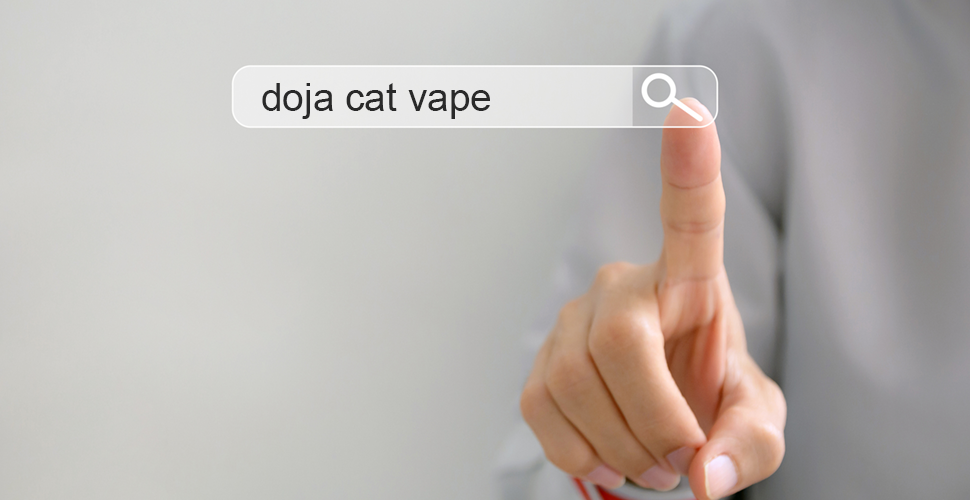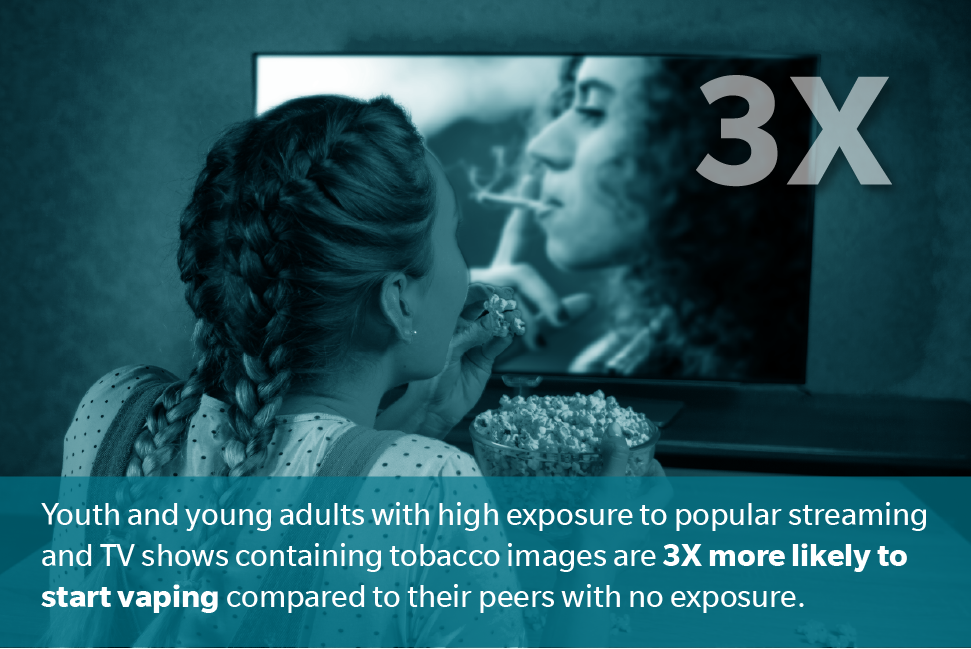After the Met Gala on May 1, “Doja Cat vape” started to trend in Google. Here’s a likely reason why.
The Met Gala is well known for its over-the-top displays of fashion, and the latest event was no exception. This year, though, rapper Doja Cat drew attention for more than her sleek outfit: She was spotted vaping on the red carpet, despite a strict no-tobacco rule from organizers.
Attendees have notoriously smoked cigarettes in the bathroom at past events, but this display of vaping had a far different vibe than simply breaking the rules. That’s because only 9 months ago, Doja Cat announced on Instagram Live that she had quit vaping because it was likely the cause of a tonsil infection that required surgery.
At the time, she told fans, “I’m quitting the vape for a while and hopefully I don’t crave it anymore after that.” In response, fans showered her with support and even started a hashtag (#PROUDOFDOJA) of how proud they were of her.
Yet, her public display of vaping at the recent gala demonstrates that even when someone is highly motivated, makes their efforts public, and garners ample support, it can be difficult to quit.
Impact on Young Viewers
Doja Cat’s red-carpet moment on camera also reinforced a message the tobacco industry has pushed for a very long time: Smoking is glamourous—especially when it happens on-screen.
A groundbreaking Truth Initiative study found that youth and young adults with high exposure to popular streaming and TV shows containing tobacco images are 3X more likely to start vaping compared to their peers with no exposure.
Consider what young fans of Doja Cat were seeing, for example. Their favorite celebrity nonchalantly puffing away while waiting to be interviewed, adding to the breadth of tobacco imagery these teens and young adults see every day.
And once they’re hooked, it can be deeply harmful. Youth and young adults who use nicotine are more likely to become addicted, have more difficulty quitting, and may be at higher risk for addition to other substances in the future.
E-cigarette use among young people has become an epidemic—over 2.5 million middle and high school students use e-cigarettes and nearly half of high schoolers who vape report doing so almost daily.
What Health Plans Can Do
Trying to stop celebrities from smoking and vaping so they set a better example is an overwhelming project. However, there are concrete steps health plans can take to help prevent and address nicotine use among young people. Here are 3 key steps:
- Offer effective cessation programs that are specifically designed for young adults, who have different stressors and communication preferences than their parents or grandparents.
- Offer support to parents of kids who vape, since they’re often looking for resources that help them connect with their kids more directly and meaningfully.
- Offer effective cessation programs for teens, who are particularly affected by peer pressure and other factors, and who are most at risk for lifelong addiction.
Through Truth Initiative, we offer evidence-based, quit-tobacco programs that address youth, young adults, and parents of kids who vape:
- The EX Program is a digital tobacco cessation program for adults ages 18+ that delivers a tailored experience for those looking to quit vaping. To learn more about the EX Program, visit our Program page.
- This is Quitting is the first-of-its-kind text messaging program designed to help young people quit vaping. This is Quitting is tailored based on age (13 to 24 years old) and vape product usage to give teens and young adults appropriate recommendations about quitting.
Several health plans offer both programs to members. And together, these programs are making a significant impact in helping thousands of individuals live free from smoking, vaping, and nicotine.
To start a conversation to see how we can affect tobacco use rates with your members, please contact us today.






